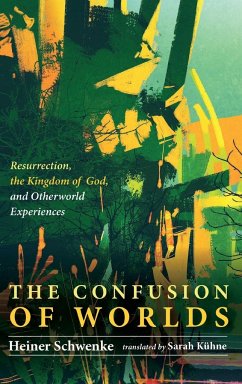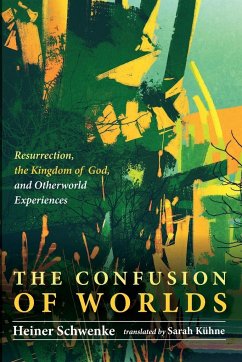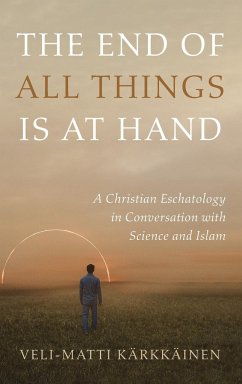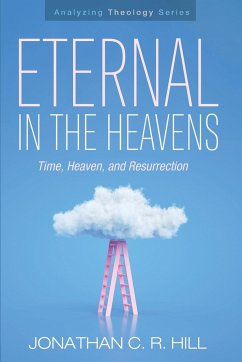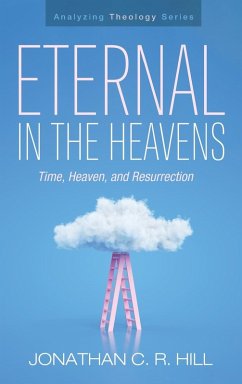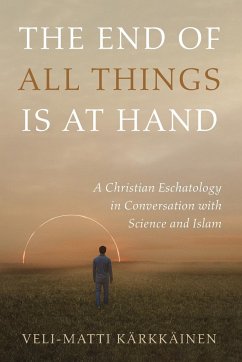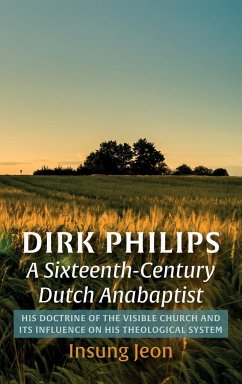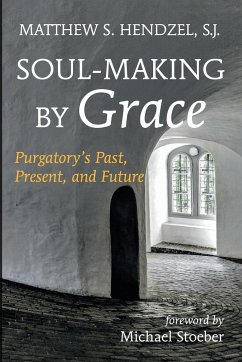The idea of the resurrection of the physical body and the eternal continuation of life with this body in a future paradisiacal kingdom of God on earth is one of the most enigmatic of religious ideas. It fully contradicts our knowledge of the transitoriness of all things in this universe. According to the author, the origin for this idea lies in certain forms of otherworld experiences, as, for example, reported by people who had near-death experiences: encounters with the dead in brilliantly beautiful bodies and the experience of paradisiacal, seemingly earthly landscapes. He observes that cultures with a pre-modern cosmology sometimes projected such otherworld experiences onto this world, to distant and unknown locations on earth. These experiences were the blueprint for an expectation of paradisiacal conditions on earth. The author establishes parallels between the reports of otherworld experiences and the eschatological ideas of Zoroastrianism, Judaism, and Christianity. He shows that otherworld experiences can indeed foster the expectation of paradisiacal conditions on earth by referring to the Ghost Dance movement of the Lakota people in 1890. He presumes that the confusion of worlds proved fatal not only for the Lakota people but also for Jesus of Nazareth. ""A welcome addition to the literature exploring the relationships between religious beliefs and extraordinary experiences. In a bold and original thesis, Schwenke argues compellingly that beliefs in postmortem physical resurrection and existence in an earthly paradise originated in cultural misinterpretations of near-death, otherworld, and spirit-encounter phenomena. The interdisciplinary and cross-cultural approach--spanning Zoroastrianism, Judaism, Christianity, and the Lakota Sioux Ghost Dance religion--will appeal to theologians, anthropologists, psychologists, and readers generally interested in the historical and comparative study of religions, the afterlife, and related experiences."" --Gregory Shushan, author, Near-Death Experience in Indigenous Religions, and Conceptions of the Afterlife in Early Civilizations ""If your penchant is for the same old same old, this is not your book. If, however, you are up for a true theological adventure featuring genuinely creative, provocative, and original ideas at every turn, then read Schwenke. The Confusion of Worlds is one of those rare books that successfully reconceptualizes old issues in new ways, so that readers will have thoughts they never had before."" --Dale C. Allison Jr., Princeton Theological Seminary Heiner Schwenke holds a Doctorate in Natural Sciences and a Doctorate in Philosophy. He is Research Fellow at the Faculty of Theology, Basel, and conducts the research project Transcendent Experiences: Phenomena, Ideas, and Judgments at the Max-Planck-Institute for the History of Science in Berlin.
Bitte wählen Sie Ihr Anliegen aus.
Rechnungen
Retourenschein anfordern
Bestellstatus
Storno

